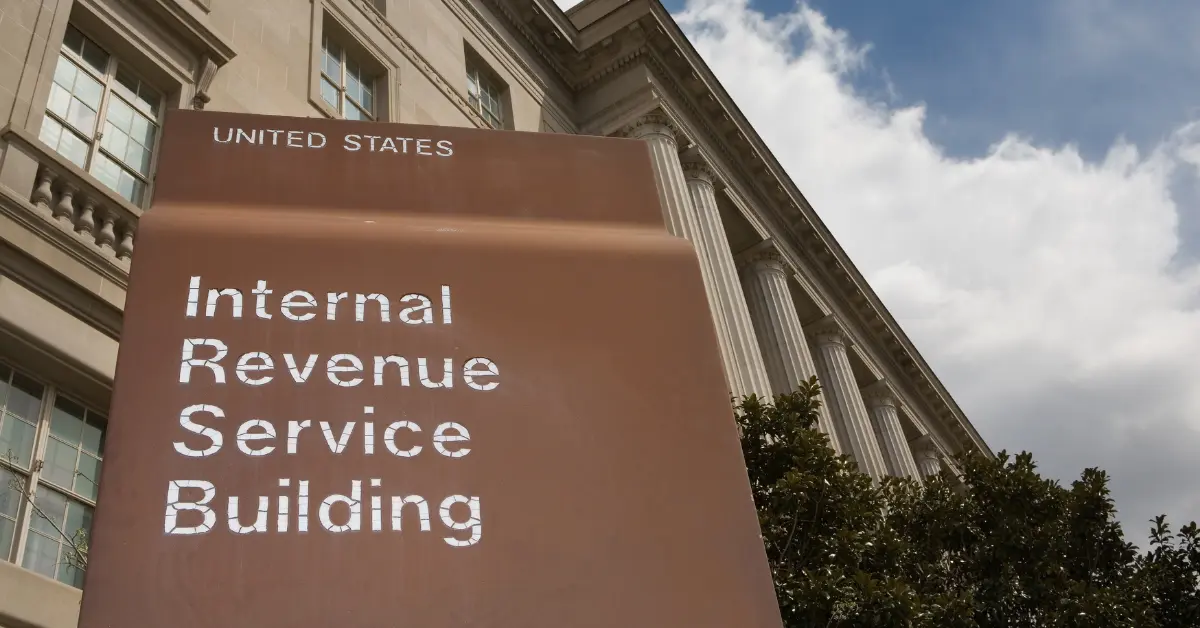If a taxpayer doesn’t disclose any offshore accounts or pay taxes on them, they may be penalized by the IRS. In cases where the IRS determines that a taxpayer acted with willful conduct, they may bring criminal charges. However, the IRS has a program known as the Offshore Voluntary Disclosure Program (OVDP). This program may reduce penalties. If a taxpayer reports their own criminal tax conduct to the IRS before an investigation begins, the IRS may not bring criminal charges against the taxpayer.
What’s the IRS’s Offshore Voluntary Disclosure Program?
The IRS requires taxpayers to disclose all foreign accounts with banks and other financial institutions. This includes disclosing foreign accounts to the IRS and paying all taxes. It also means disclosing these types of accounts to other agencies, such as the Financial Crimes Network.
If you don’t disclose these accounts or pay taxes on them, you could be penalized by the IRS. This includes significant fines and penalties. In more egregious cases, this could lead to criminal charges brought by the IRS’s Criminal Investigation Unit.
Criminal charges can lead to much harsher penalties than the financial penalties imposed by the IRS. These include a criminal conviction, probation, or even jail time.
If a person may be criminally charged for tax fraud related to offshore banking or foreign accounts, one way to avoid them is through the IRS’s Offshore Voluntary Disclosure Program.
The Offshore Voluntary Disclosure Program is administered by the IRS’s Criminal Investigation Unit. Under this program, the IRS will consider handling a criminal tax case as a civil matter. This means that a person will pay financial penalties, but avoid a criminal conviction or jail time.
How Does This Program Work?
The Offshore Voluntary Disclosure Program requires a taxpayer with potential criminal liability to disclose their actions to the IRS. In exchange, the IRS may not bring criminal charges against the taxpayer.
Voluntary disclosures must be truthful, complete, and timely. A taxpayer must cooperate with the IRS to determine their tax liability and make arrangements to pay any tax liability, interest, and penalties. In addition, the money involved can’t be from illegal sources.
The disclosure must happen before a civil or criminal investigation has begun or before the IRS receives information about noncompliance.
The important thing to remember about this program is that participation doesn’t guarantee that a criminal case will be handled civilly. Depending on the facts and circumstances of a case, the IRS may still criminally prosecute a person, even after a voluntary disclosure.
How Does This Program Determine Willful and Non-Willful Conduct?
One important part of this program is that it only applies to willful conduct. If non-compliance is due to non-willful conduct, then the program doesn’t apply. Instead, the IRS recommends that the taxpayer try other options, such as filing missing or amended returns.
What is willful conduct? Generally, if a taxpayer takes steps to hide foreign funds from the IRS or interacts with these hidden funds, the IRS will consider it willful conduct. While no two situations are the exact same, the IRS considers the actions listed below as examples of willful conduct:
Source of Funds
One factor is the source of funds. If the funds are from known unreported income, then the IRS is more likely to consider it as willful conduct.
However, if the funds are from an account that the taxpayer didn’t take action on, then is not willful conduct. For example, if a taxpayer inherits money automatically and doesn’t move the money or do anything else, it’s more likely to be considered non-willful conduct
Transfer of Funds
A second factor is if the funds have been transferred. If the taxpayer has taken steps to transfer the money to another foreign account, has closed the account, or transfers funds with the intent to hide ownership, the IRS will probably view this as willful conduct.
Access to Funds
Another factor is if the taxpayer can access the funds. If the taxpayer has access to the funds or has taken steps to get access, then it will be viewed as willful conduct.
Actively Manages Funds
Similarly, if a taxpayer actively manages the funds, it will be treated as willful conduct. Examples include buying or selling financial instruments or adding or removing money from a bank account.
Contact With a Foreign State
An additional factor is if the taxpayer makes contact with a foreign country to handle these funds. If the taxpayer travels to another country to open, manage, or access funds, these are considered willful actions.
Contact With Domestic or Foreign Financial Institutions
If the taxpayer contacts domestic or foreign financial institutions about the hidden funds, these can be indicators of willful conduct.
For example, if a taxpayer is using a financial institution to manage an unreported account, opens an account with citizenship documents from another country, or takes steps to keep the account secret, then these are considered willful actions.
In addition, failing to report funds if a bank isn’t complying with IRS reporting requirements, such as FATCA, is another example of willful conduct.
Willful Blindness
The next factor is willful blindness. If a taxpayer takes steps to avoid learning facts that may lead to criminal liability, this is willful blindness.
For example, a taxpayer gives money to a foreign national to invest on their behalf, but “doesn’t know” that it will be invested in a foreign account that needs to be reported to the IRS. In this case, the IRS will consider the taxpayer’s actions as willful conduct.
Manipulation to Avoid Creditors During Divorce
The last factor is manipulating funds to avoid creditors during a divorce. For example, if a taxpayer takes steps to avoid sharing money with a former spouse by not reporting it on financial statements or tax returns, then it will be considered as willful conduct.
How Do You Make a Report?

If you are thinking about making a voluntary disclosure, then you have to meet several criteria:
- You must have committed a tax or tax-related crime.
- It must be a willful violation.
- Your crimes are not related to sources of income that are illegal under federal law.
Disclosure takes several steps. First, you must request preclearance from the IRS. To do this, you must fill out Part I of Form 14457. This may be submitted by fax or mail.
Once it is received, the IRS will review the application and determine if you should get preclearance confirmation.
If you receive preclearance confirmation, you must submit Part II of Form 14457 within 45 days. Once Part II is received, the IRS will review the form. If approved, you will be provided with a Preliminary Acceptance Letter and be contacted by the IRS.
You are expected to cooperate with the IRS when they request documents and/or information. For more information about these procedures, please see the IRS’s guidance memo.
Because a voluntary disclosure can impact any IRS enforcement action, you should speak to an attorney before you make a disclosure. An attorney can review your case, discuss your options, and help you decide if the Offshore Voluntary Disclosure Program is the best step for you.
Think You May Need to Make a Voluntary Disclosure? Contact Us Today!
If you think that you may need to make a voluntary disclosure, contact us to speak to an offshore tax attorney who understands the IRS Overseas Voluntary Disclosure Program. We can discuss your options and help you work with the IRS.








